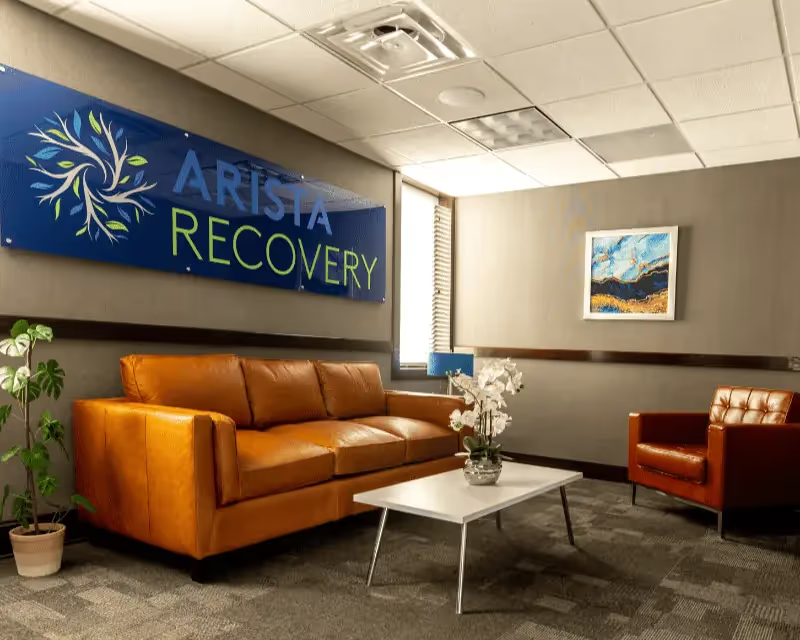ADDICTION TREATMENT IN KANSAS
At Arista Recovery, we help individuals overcome drug addiction and co-occurring disorders, guiding them towards lasting recovery and a healthier future.
%201%20(1).webp)
An Introduction to Drug Addiction

Drug abuse is an enormous and challenging problem in America. Drug addiction is a disease; it’s not a choice. Unfortunately, it’s also widespread in our nation.
Opioids, other prescription pills, heroin, and meth are common among users. These drugs are easily abused and highly addictive.
Causes of Addiction
While using substances is a choice, becoming addicted is not. That’s why drug addiction is not as easy as quitting cold turkey. There is generally a mixture of contributing factors as to why and how an individual has become addicted.
Common factors of addiction include:
- Past trauma (sexual, physical, emotional, neglect)
- Adverse Childhood Experiences (ACEs)
- Family history
- Biology
- Genetics
- Age of onset (introduction to substance)
- Personality
- Environment
- Mental health
- Physical Health
Starting at birth, each person has their own set of life experiences. Pair this data with biological and psychological factors, and some of us may be vulnerable to addiction.
We treat a number of addictions & co-occurring disorders at our recovery center
Signs & Symptoms of Drug Addiction
The signs that one individual might show generally vary, depending on factors such as amount and frequency of drug use, family and friend support, location, and other societal factors.
Some people may notice the following signs in themself if they have become addicted to drugs: withdrawing from friends, family, or interests, a feeling of lost control, obsessive thoughts or actions, insomnia, irritability, anxiety, depression, urges and cravings, and much more. Those who will do almost anything to get access to their substance of choice are possibly addicted.
Warning signs to be aware of if you feel someone close to you may be addicted include rapid weight loss, a change in habits and routines, quick to overreact or get irritable, sneakiness and lying, looking unkempt, not caring about things they used to, stealing items or money, obsessing over substances, etc.
Being knowledgeable and aware of the signs of drug addiction can help family and friends identify early troubles and hopefully, seek intervention and treatment.
.webp)
The Effects of Substance Abuse
Drug abuse—even general use—can have short and long-term devastating effects on a person’s health. The effects of drug abuse differ depending upon the substance that is being used.
Short and long-term effects are a weakened immune system, vein and blood vessel infections, heart conditions, seizure, stroke, lung disease, memory and attention problems, liver and kidney failure, brain damage, skin problems, hair loss, dental issues, weight loss, tremors, respiratory issues—and much more.
Obviously, dependency and death are effects of drug abuse as well. And these are simply the physical effects. The psychological effects of addiction are just as dangerous, such as anxiety, depression, and suicide ideation.
Getting help for a drug abuse problem ASAP is a must to lessen the severity of long-term effects.

Diagnosing & Treating Substance Abuse
Diagnosis
In order to be diagnosed with a drug abuse disorder, the individual in question must seek out medical advice. By seeing a physician or starting treatment at a center like Arista Recovery, medical professionals can start the process of assessing the patient.
Assessing typically involves answering questionnaires, getting blood work and other labs done, undergoing a physical exam, and even completing a psychological evaluation. Questions related to family history and the onset of alcohol or drug use will be asked.
To officially diagnose someone with an addiction, the Diagnostic and Statistical Manual of Mental Disorders, Fifth Edition (DSM-5), published by the American Psychiatric Association, is often used by professionals.
Treatment
There are numerous addiction recovery centers all over the United States. Arista Recovery is the perfect example of a drug addiction treatment center. Each one will have pros and cons, may cost differently, and may utilize different methods of treatment compared to others.
Patients should take time to find the drug addiction rehab center that is most appropriate for their needs. Some centers might specialize in a certain type of substance, and some may focus on dual diagnoses, such as other mental health disorders combined with addiction.
Generally, though, treatments range from inpatient treatment, partial hospitalization (PHP), intensive outpatient (IOP), outpatient treatment, and aftercare services. There are more specific types of therapies that are included within each of those such as family therapy, group therapy, animal therapy, medically-assisted therapy, and also holistic therapies as well.
A treatment team will work with each patient on an individual basis to determine what their recovery needs are.
Call Us: (877) 279-0095
What We Do
Treatment Programs at Arista
Testimonials
Hear From Others in Our Recovery Community
The Importance of Treating Co-Occurring Disorders
Psychiatrists and medical doctors must be cautious when delivering prescriptions to those with alcohol and drug addictions. Not only can the wrong concoction of things go downhill, but depending on the person, replacing a substance for another isn’t wise. It is important to note that doctors do not prescribe addicts any addictive substances.
Those users in the detox process might benefit from a medical detox in which they receive certain medications from their physician to relieve withdrawal symptoms and make detoxing safer.
.webp)
.webp)



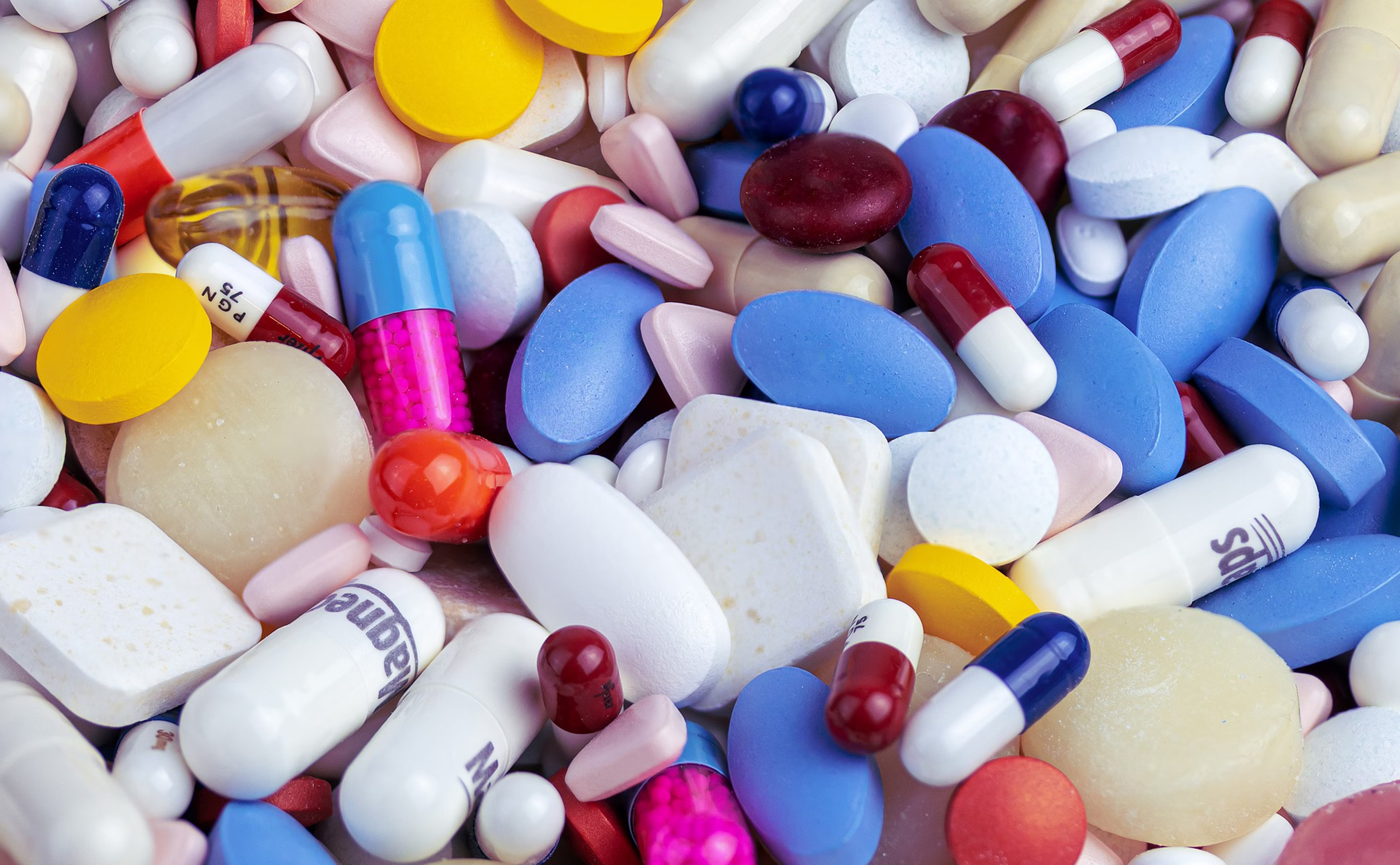
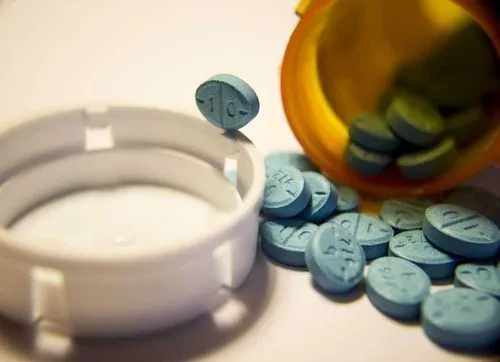

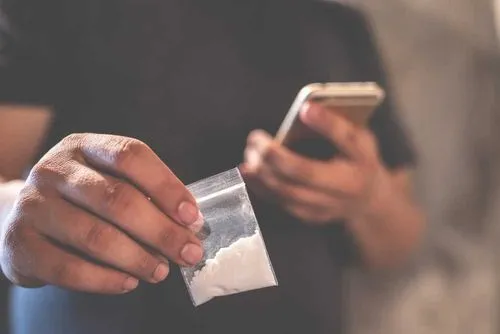
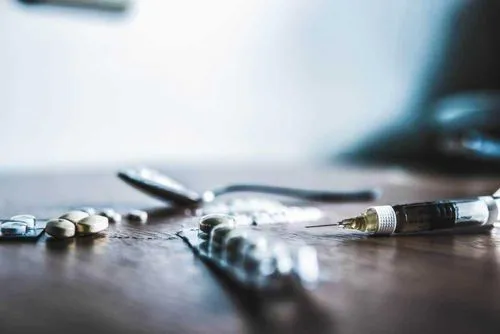
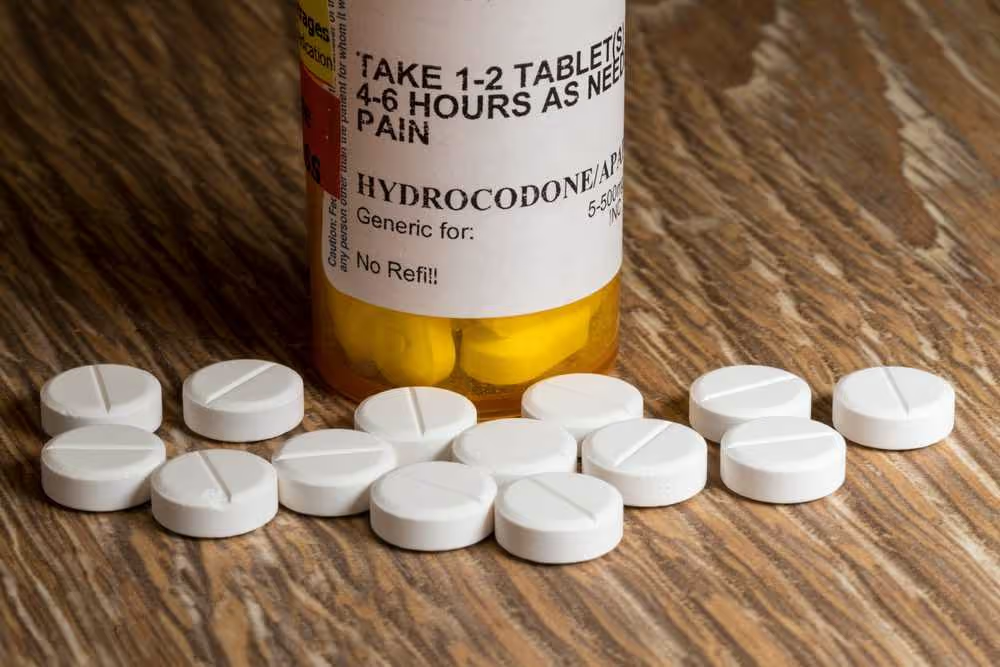


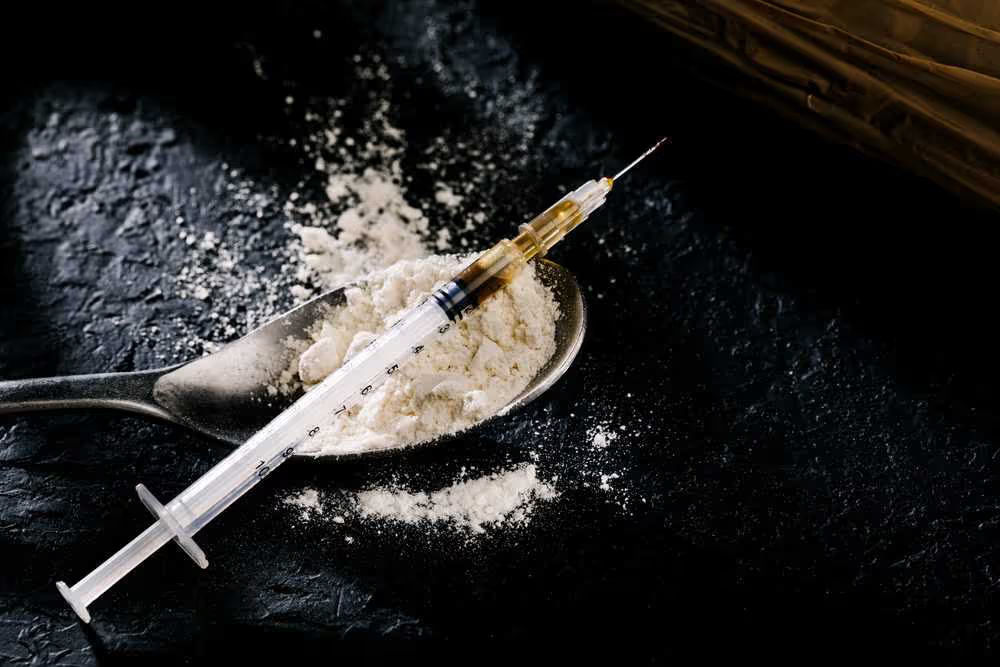
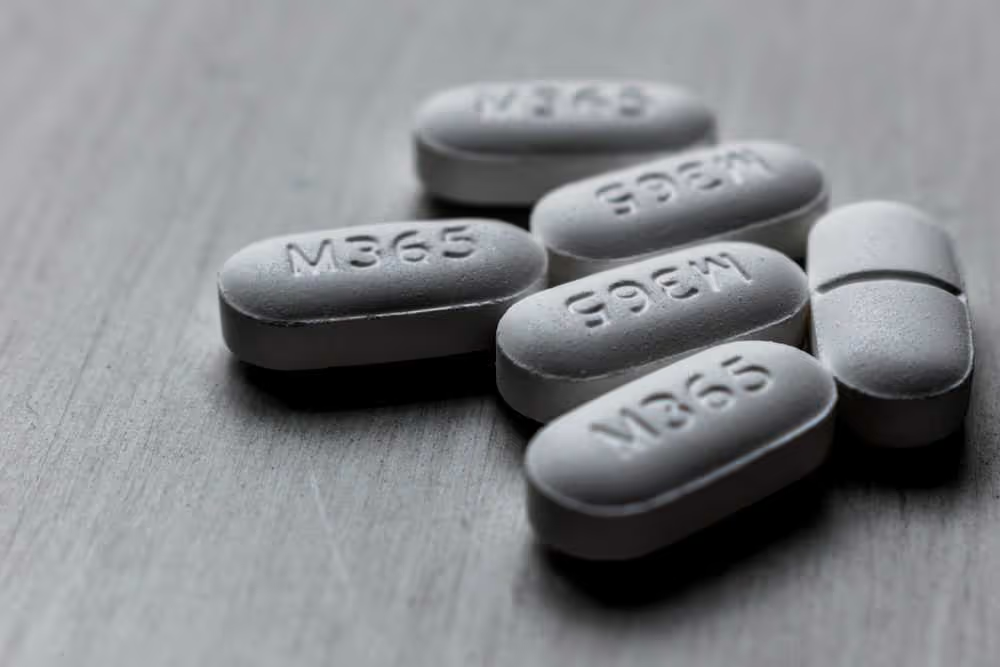









.webp)

